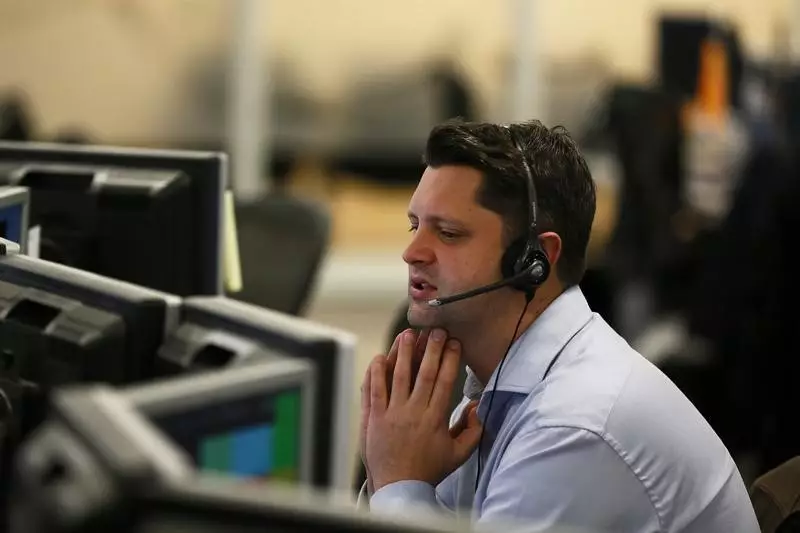In a recent crypto convention in Nashville, Tennessee, Donald Trump made a bold statement urging his audience to never sell their Bitcoin. This declaration was part of his campaign strategy to appeal to crypto-focused voters and gain their support for the upcoming presidential election in November. He proposed the idea of establishing a state Bitcoin reserve and promised to keep 100% of all Bitcoin acquired by the U.S. government in the future as part of his administration’s policy. This move was seen as an attempt to create a strategic national stockpile of Bitcoin.
While Trump’s proposal may have garnered some attention, it is not without its critics and skeptics. U.S. Senator Cynthia Lummis introduced legislation aiming to have the government purchase one million Bitcoin, which represents about 5% of the total supply. Independent candidate Robert F Kennedy Jr. took it a step further by suggesting a government stockpile of four million Bitcoin. The feasibility and implications of such proposals raise questions about the impact it may have on the broader crypto market.
The U.S. government currently holds a substantial amount of Bitcoin worth approximately $11.1 billion, acquired through various means such as criminal seizures, including assets from the shut down online marketplace Silk Road. This stash accounts for about 1% of the total global Bitcoin supply, which is capped at 21 million coins. Comparatively, private entities like Michael Saylor’s Microstrategy and investment firms like BlackRock’s iShares Bitcoin Trust and Grayscale Bitcoin Trust also hold significant amounts of Bitcoin.
The idea of a government Bitcoin stockpile could potentially impact the price of Bitcoin positively, according to some experts. The limited supply of Bitcoin and its transformation into a reserve asset could drive up its value. However, this would also mean fewer tokens available for trading among crypto investors, raising concerns about market volatility and government intervention in the cryptocurrency space. The risk of the government selling part of its reserves could further complicate the situation.
While some governments, including the U.S. and China, boast significant Bitcoin holdings, the concept of a national Bitcoin reserve raises ethical and practical concerns. The decentralization and freedom from government control that Bitcoin was intended to embody seem at odds with the notion of it becoming part of a state stockpile. The complexities of managing and regulating such reserves pose challenges for policymakers and industry experts alike.
The idea of a national Bitcoin reserve remains a topic of speculation and debate within the crypto community. Suggestions that the Federal Reserve could oversee the management of Bitcoin reserves or comparisons to the Strategic Petroleum Reserve highlight the uncertainties surrounding this concept. The implications of such a reserve on the overall crypto market and investor sentiment are yet to be fully understood, but the attention it has garnered from political figures underscores the growing significance of digital assets in mainstream discourse.

